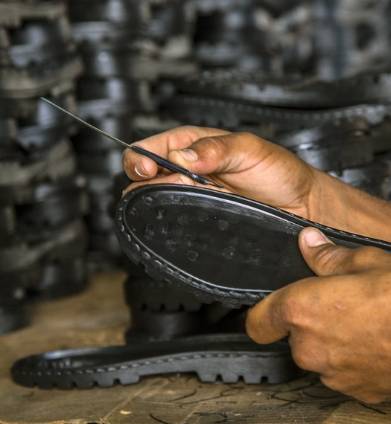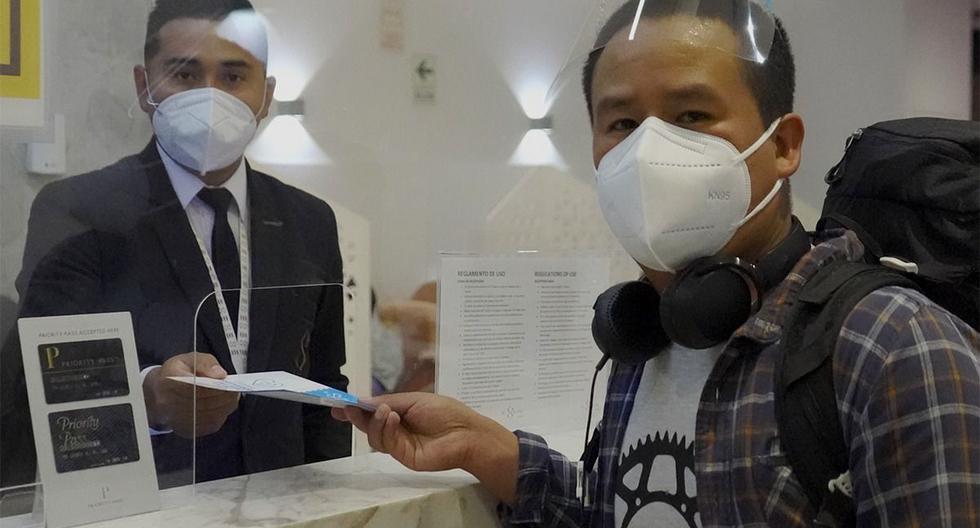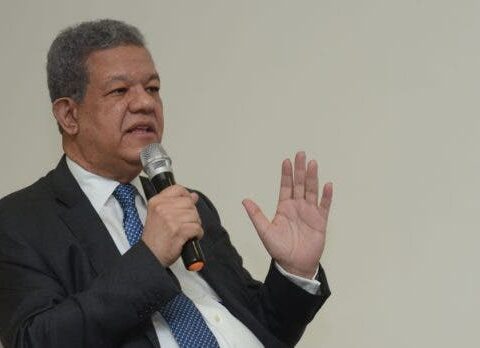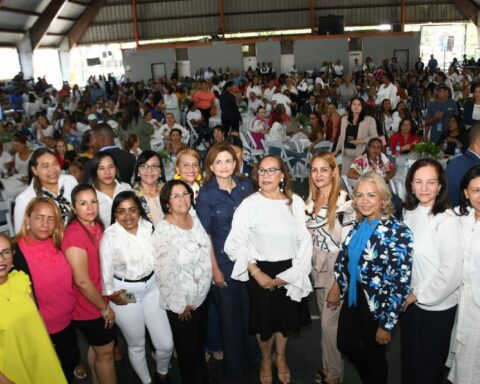With this program, around two million public school students are impacted daily, benefiting 600,000 families with effective savings of RD$1,800 million
The National Institute of Student Welfare (Inabie) It has projected an investment of RD$21,000 million in food for students in the next school year 22-23.
Currently the School Feeding Program (PEA) executed by Inabie impacts around two million public school students daily, of which 700,000 receive breakfast and around 1,300,000 lunch and snacks.
These figures represent some 5.0 million food rations that are delivered every day and 600,000 households benefited, which have an estimated effective savings of more than RD$1,800 million per month.
By participating as a guest in the TODAY Economic Meetingthe executive director of Inabie, Víctor Castro, said that without a doubt that institution manages the most important social program that is implemented in the country, since it impacts a vulnerable population and because it cushions the effects of the crisis that has caused the covid 19 pandemic and the conflict between Russia and Ukraine.
In that sense, he assured that if many students did not have the delivery of these food rations in schools, they would be left without trying food, since their homes are not in a position to provide it.
We invite you to read: Inabie completes supervision of 100% of the kitchens that participate in tenders
Castro said that they are already working on the bidding processes related to the purchase of food for the 22-23 school year, with an estimated investment of RD$21,000 millionemphasizing that it will be a significant saving for thousands of families.
Regarding the tenders, the official said that the processes have been restructured with the aim of decentralizing them and thus the purchases of food and other items have a positive impact throughout the national territory.
He indicated that there are now 35 bidding processes, one in each province, so that local companies are the suppliers. He announced that the corresponding awards would be made in the coming weeks.
He explained that the technical procedure that is done with the companies and the expertise of 2,177 kitchens has already been carried out, being the first time in the history of Inabie that it is carried out to all the supply facilities in order to see the installed capacity and quality of the safety. He added that an independent company was hired for this inspection.

He highlighted that Inabie is working in the most transparent and inclusive way, because all the specifications are socialized with the suppliers and they are allowed to make all the observations of the place.
He revealed that 2,177 bidding companies participated in the last bidding process and 1,340 would be awarded to offer the service to all schools in the country.
You can also read: INABIE seeks to raise the quality of services aimed at students
He explained that to ensure that the kitchens that will supply the school lunch are located near the educational centers to which the food will be served, geolocation technology was used. “As you can see, we are impacting families, impacting the territory with investments. From Inabie we are generating around 20,000 direct jobs and more than 45,600 indirect jobs, just with the School Feeding Program (PEA)”, he concluded.
Inabie is a decentralized entity with a budget of RD$30,000 million
During the interview, the director of Inabie was accompanied by Julio Santana, administrative and financial director, and Dr. Ruth Cairoin charge of the Health Management Department.
Inabie supports the purchase of national production

The executive director of the National Institute of Student Welfare (Inabie), Victor Castroassured that this institution buys 100% of shoes, uniforms and notebooks of national production, preferably from the sector of small and medium enterprises (MSMEs).
Castro said that contrary to previous efforts, the only thing that is imported are medical items that are not manufactured in the country.
He indicated that only in the purchase of shoes Inabie is benefiting 11 companies, with an investment of more than RD$1,000 million.








